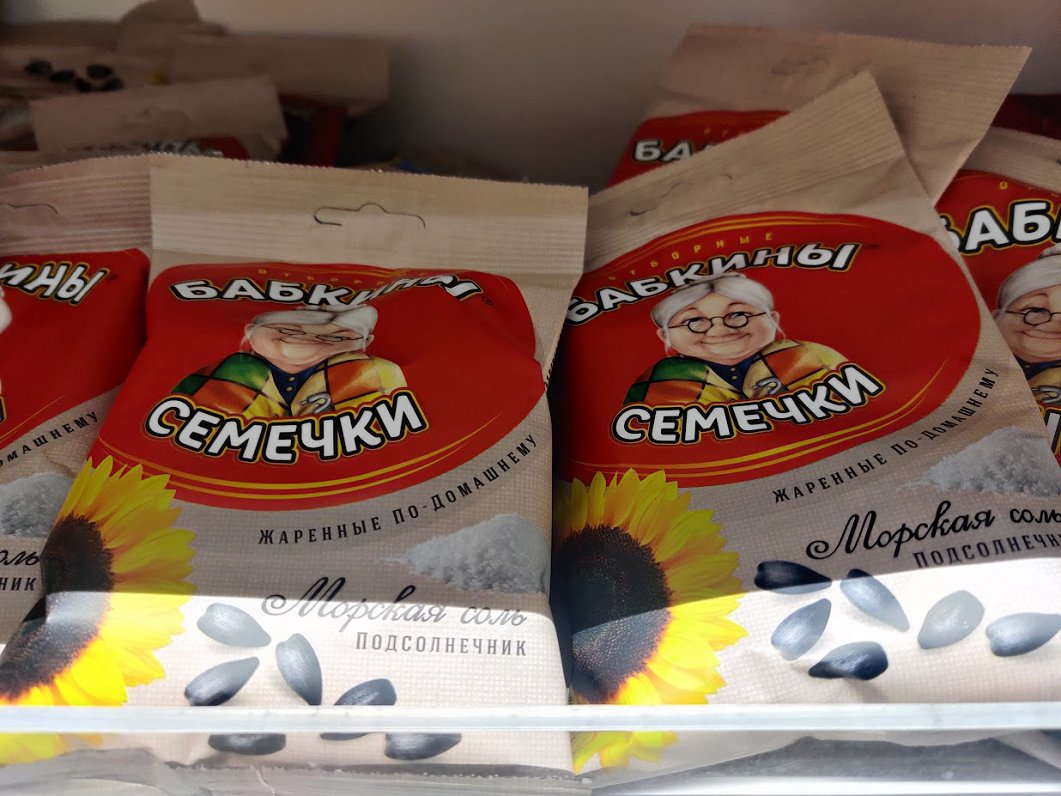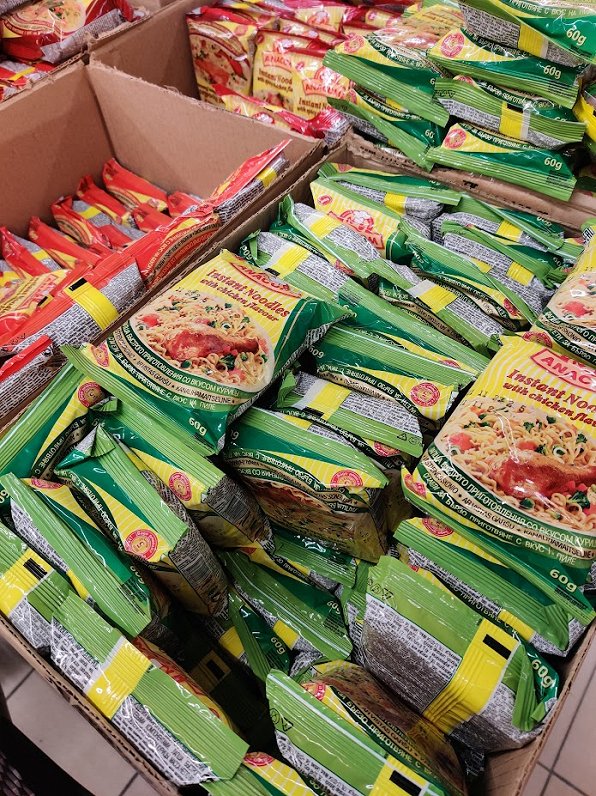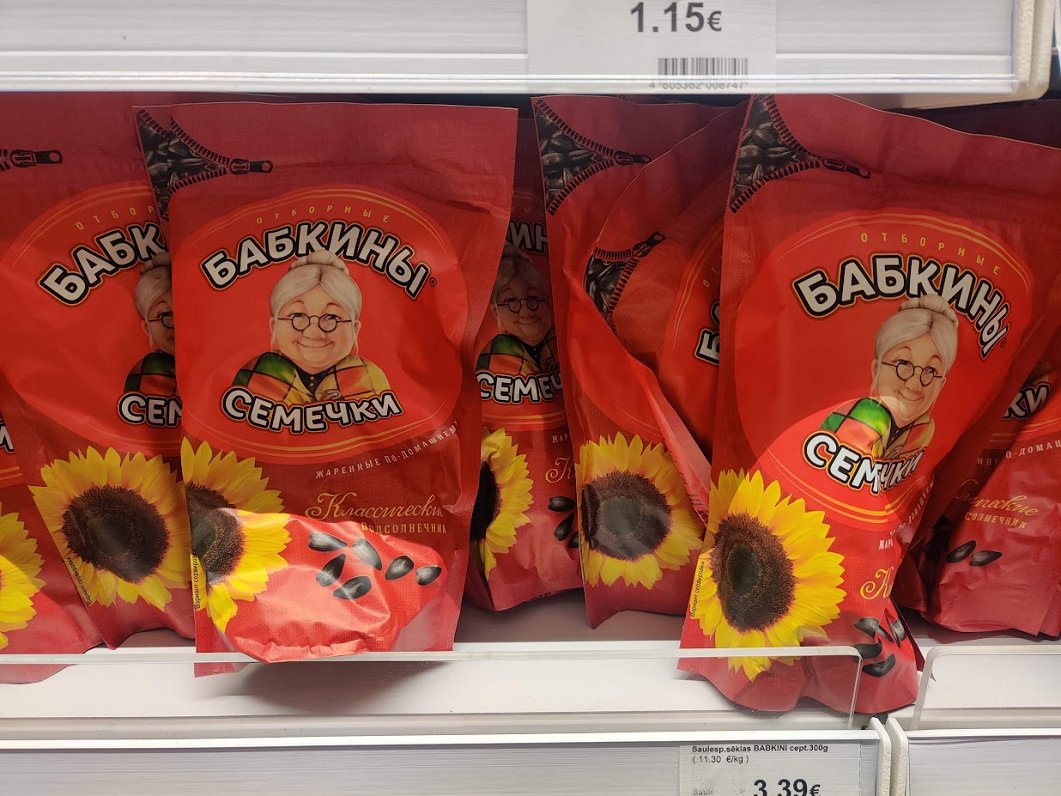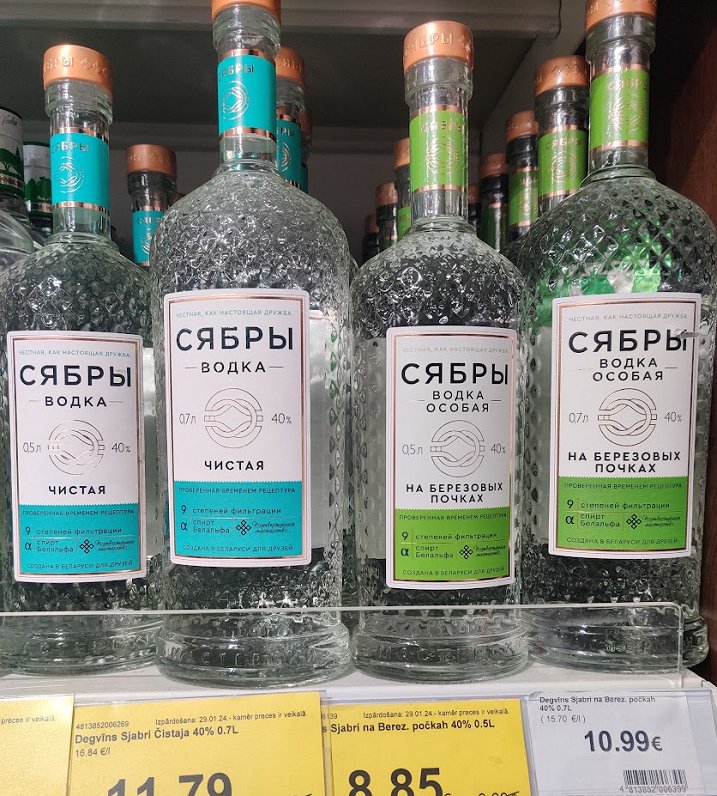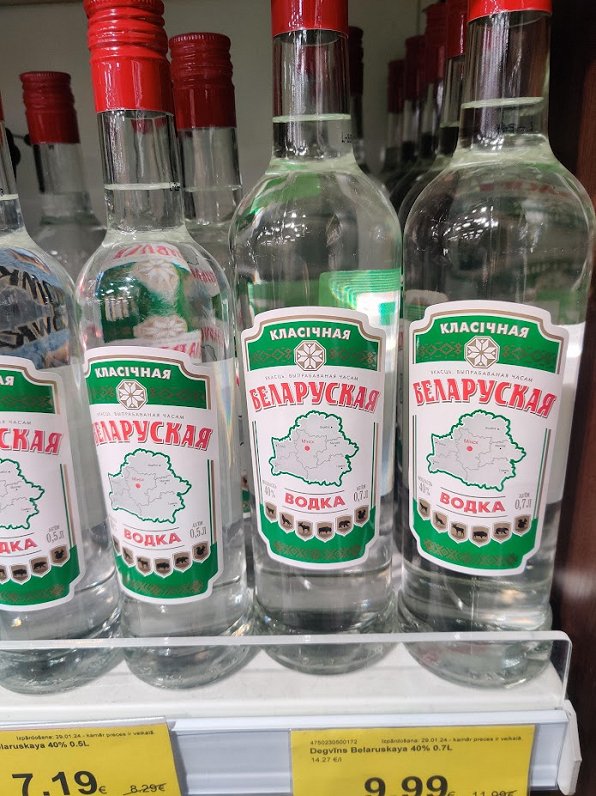Since food is not on the prohibited goods list, experts assess this as an ethical issue, saying that every shopper can vote for or against. However, shoppers often do not look for what is the country of production of the product on the label.
Tea, sunflower seeds, adjika sauce produced in Russia are still on the shelves of Mego shops. Food produced in Russia can also be bought in shops “Beta”, which is not a widespread network of shops – only a couple of shops are located in Riga and other towns. The low-cost “Mere” stores also offer aggressor country goods. Mere opened in Latvia two years ago and is owned by Russian entrepreneurs.
Shoppers met outside the shops say they don't buy Russian goods. Some stress that flags should indicate in which country the product was produced.
Meanwhile, the spokesperson of food traders, CEO of the Latvian Association of Food Traders Noris Krūzītis, said that the largest store networks do not sell Russian and Belarusian goods:
“Large networks, since the war began, for ethical reasons, [stopped] all deliveries and there are virtually no goods in stores coming from suppliers from those countries. They're seen in one of the low-cost networks, they're in the small shops and the border area. If any stores have such goods, they are supplied by wholesalers, and here you would have to ask what their ethical threshold is.”
“There has to be pressure on these traders, processors, and manufacturers,” says Krūzītis.
Imports of food from Russia and Belarus are not banned in the European Union. Jānis Lielpēteris, Member of the Board of the Latvian Chamber of Commerce and Industry (LTRK), thinks the situation needs to change.
“Currently the position of the LTRK is to [achieve] the widest possible severance of trade ties with Russia and Belarus and the widest possible implementation of import and export restrictions,” he says.
The LTRK would also support the imposition of additional tax on those cooperating with aggressor countries.
According to the Ministry of Agriculture, in the first ten months of last year, food and agricultural goods were imported from Russia into the European Union for 2.2 billion euros. Latvia ranks among the six countries that imported the most. 81 companies registered in Latvia have imported food.
Meanwhile, a draft law on banning imports from Russia and Belarus has already been drafted in the Agriculture Ministry and will soon have to be seen by Saeima deputies.
